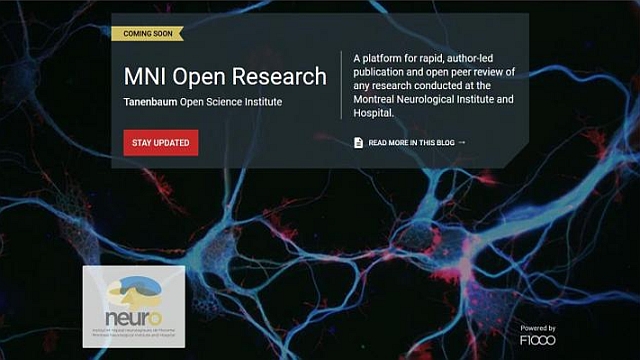
The onward march of open science
Originally posted on The Horizons Tracker.
The increasingly open and transparent nature of academic research is something I’ve touched upon many times on my blog in recent years. Further evidence of this general trend has emerged via the launch of MNI Open Research, a new platform for the publication of neuroscience research.
The platform aims to facilitate open and transparent peer-review, with all of the data used in the studies published, including null results, so that other researchers can avoid duplication, and also test the replicability of research.
The hope is that the platform will support greater collaboration between researchers, and therefore the faster development of new therapies.
The MNI Open Research platform follows hot on the heels of similar platforms from the likes of Wellcome, UCL Great Ormond Street Institute of Child Health and the Bill & Melinda Gates Foundation, all of whom have developed their platforms in conjunction with open science pioneer F1000.
“Modern neuroscience requires a large amount of meaningful data, and the best way to get that is through collaboration among multiple researchers and institutions,” the team say. “By creating MNI Open Research, The Neuro is maximizing the positive impact our work can have on patient outcomes, and helping set an example for other organizations that open science is the way of the future.”
Dr Rebecca Lawrence, Managing Director of F1000, says: “The MNI have shown true leadership in open science and we are delighted that they have chosen to partner with F1000 on their journey to become an open science institute. The MNI states that the objective of this is to expand the impact of its research and accelerate the discovery of ground-breaking therapies. We hope that MNI Open Research will play a big part in meeting this objective.”
Article source: The onward march of open science.



![Collaborating on Research by National Eye Institute [Flickr image]](https://realkm.com/wp-content/uploads/2018/07/9955278615_c5356cdffd_z.jpg)

